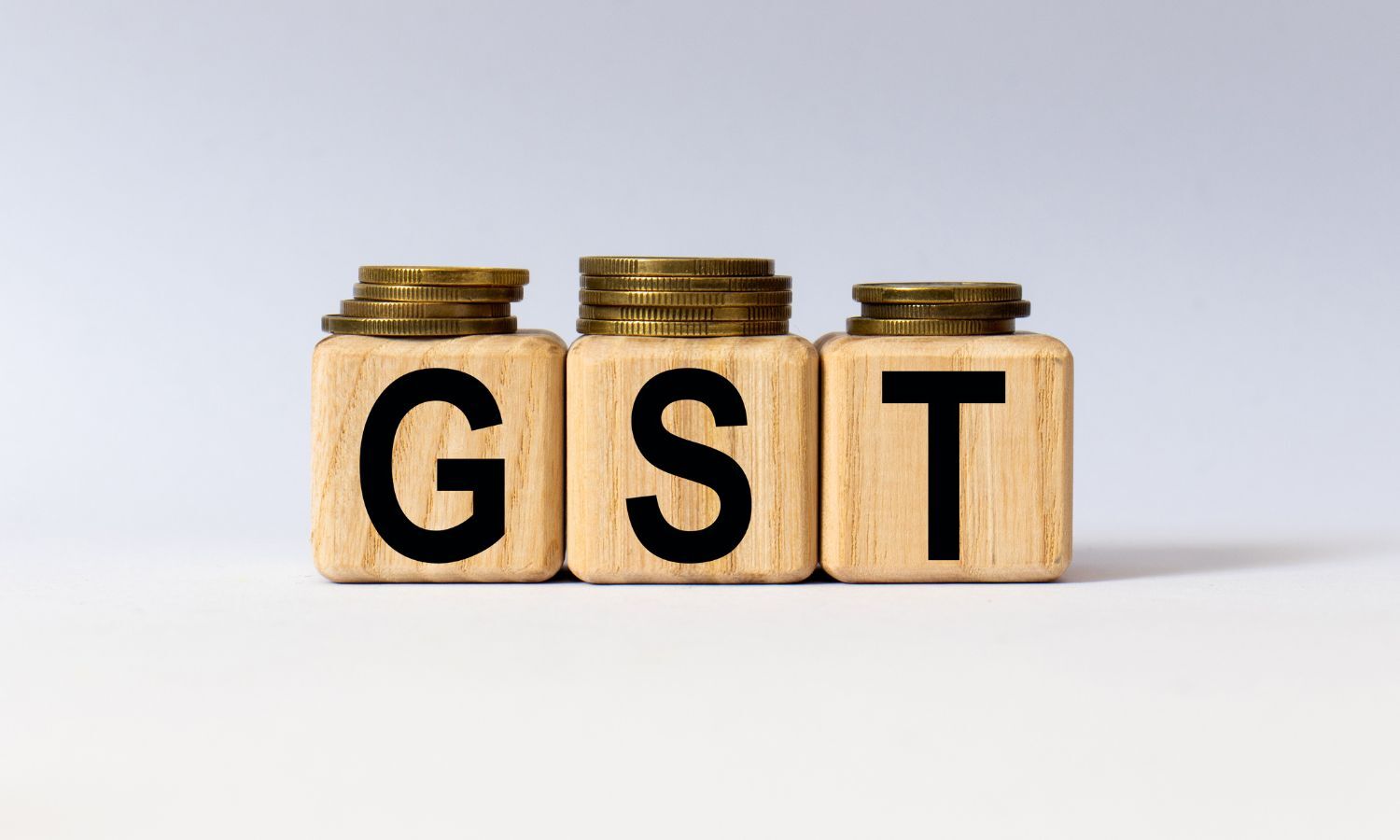
FM-speak: GST Council will decide on oil-in-GST
Amid a clamour for cut in taxes on auto fuels to check their skyrocketing retail prices, finance minister Nirmala Sitharaman on Friday told a group of journalists at the Indian Women’s Press Corps that the government was not yet ready with a plan to bring these petroleum products under the Goods and Services Tax (GST) regime, but indicated that it might take a call on the issue closer to the GST Council meeting.
Sitharaman, however, was non-committal on whether the states would be compensated for any revenue shortfall arising out of inclusion of these fuels under GST. Since a major part of the Centre’s taxes on the fuels are not shared with states (GST receipts are shareabale), it would also have to assess the revenue implications of the move.
Separately, speaking at an event organised by CNBC TV18, Sitharaman said the government would take a calibrated position on cryptocurrency.
The minister also said she wished to implement the maximum of FY22 Budget proposals in Q1 itself.
Sitharaman said that the Rs 3 lakh crore collateral-free automatic loans for businesses, including MSMEs, yielded ‘positive results’ with disbursements over Rs 1.9 lakh crore. She, however, added that demand from MSMEs have now petered out as normalcy has gradually returned after Covid-induced lock-downs were lifted.
Earlier this week, economists at SBI in a report stated that retail prices of the two fuels could go down (by around 15-20% from the current levels), if the taxes on these are subsumed in GST, due to the mitigation of cascading of taxes.
Since GST has curtailed the states’ autonomous tax revenue space from 70% to 25% of their total tax receipts (including transfers from the Centre), the states are likely to resist the proposal bring high-revenue items like auto fuels under GST; if at all they agree, they would indeed pitch for a formula to make up for any further erosion of their tax powers that such a decision could result in.
Currently, the central government levies a fixed rate of excise duty on the two auto fuels while states levy different rates of VAT on an ad valorem basis on the base price that includes central taxes. Under the GST, the two would merge and bring uniformity, solving the problem of fuel rates being higher in states with higher VAT.
As much as 60% of the retail price of petrol, which has shot above Rs 100-mark in some places in Rajasthan, Madhya Pradesh and Maharashtra and is at an all-time high elsewhere in the country, is made up of central and state taxes. Taxes make up for about 56% of the record high diesel rates.
Sitharaman, who had increased central excise duty on petrol and diesel by a record margin last year to mop up gains arising from international oil prices plunging to a two-decade low, remained non-committal on taking the first step to cut central taxes to give relief to consumers. For consumers, “there is enough case to say that prices should be down, its a burden,” she said while interacting with journalists at IWPC.
While the burden on the consumers is “understood”, the pricing is a vexatious issue, she said.
The Centre is seen to earn an extra Rs 1.87 lakh crore in FY21 from the Rs 13-16/litre additional cess and surcharges imposed on auto fuels in March/May 2020. Going by the projection of 8% rise in fuel demand in FY22, the Centre’s incremental income from the two auto fuels could be over Rs 2 lakh crore in the year, if it chooses not to reduce the tax rates.
On India’s plan on cryptocurrency, Sitharaman said the central bank would be taking a call on how and what kind of an official cryptocurrency would be launched and how it would be regulated. “We are not going to say we are not going to have it. There will be a very calibrated position taken, a lot of mixed messages are coming from across the world. World is moving fast with technologies, we cannot pretend we don’t want it.”
FE has recently reported that the government would soon introduce a Bill in Parliament that will explicitly ban private cryptocurrencies such as bitcoins. The RBI had earlier stated that enabling private parties to toy with currencies could potentially threaten the stability of the financial sector.
But the Cryptocurrency and Regulation of Official Digital Currency Bill, 2021, will facilitate the launch of any official digital currency and bolster an ecosystem around it. The Reserve Bank of India (RBI) is close to rolling out such a currency.
Source: Financial Express






